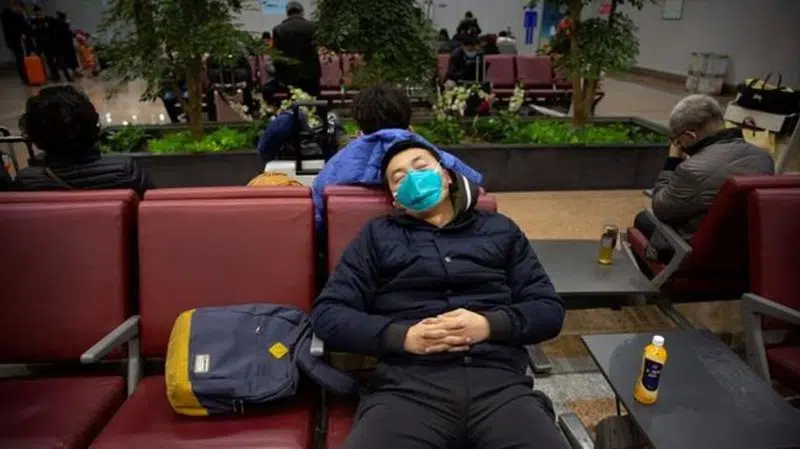
China confirms 1st death outside epicenter of viral outbreak
BEIJING — China moved to lock down at least three cities with a combined population of more than 18 million in an unprecedented effort to contain the deadly new virus that has sickened hundreds of people and spread to other parts of the world during the busy Lunar New Year holiday.
The open-ended lockdowns are unmatched in size, embracing more people than New York City, Los Angeles and Chicago put together.
The train station and airport in Wuhan, the epicenter of the outbreak, were shut down, and ferry, subway and bus service was halted. Normally bustling streets, shopping malls, restaurants and other public spaces in the city of 11 million were eerily quiet. Police checked all incoming vehicles but did not close off the roads.
Similar measures were being imposed Friday in the nearby cities of Huanggang and Ezhou. In Huanggang, theatres, internet cafes and other entertainment centres were also ordered closed.


